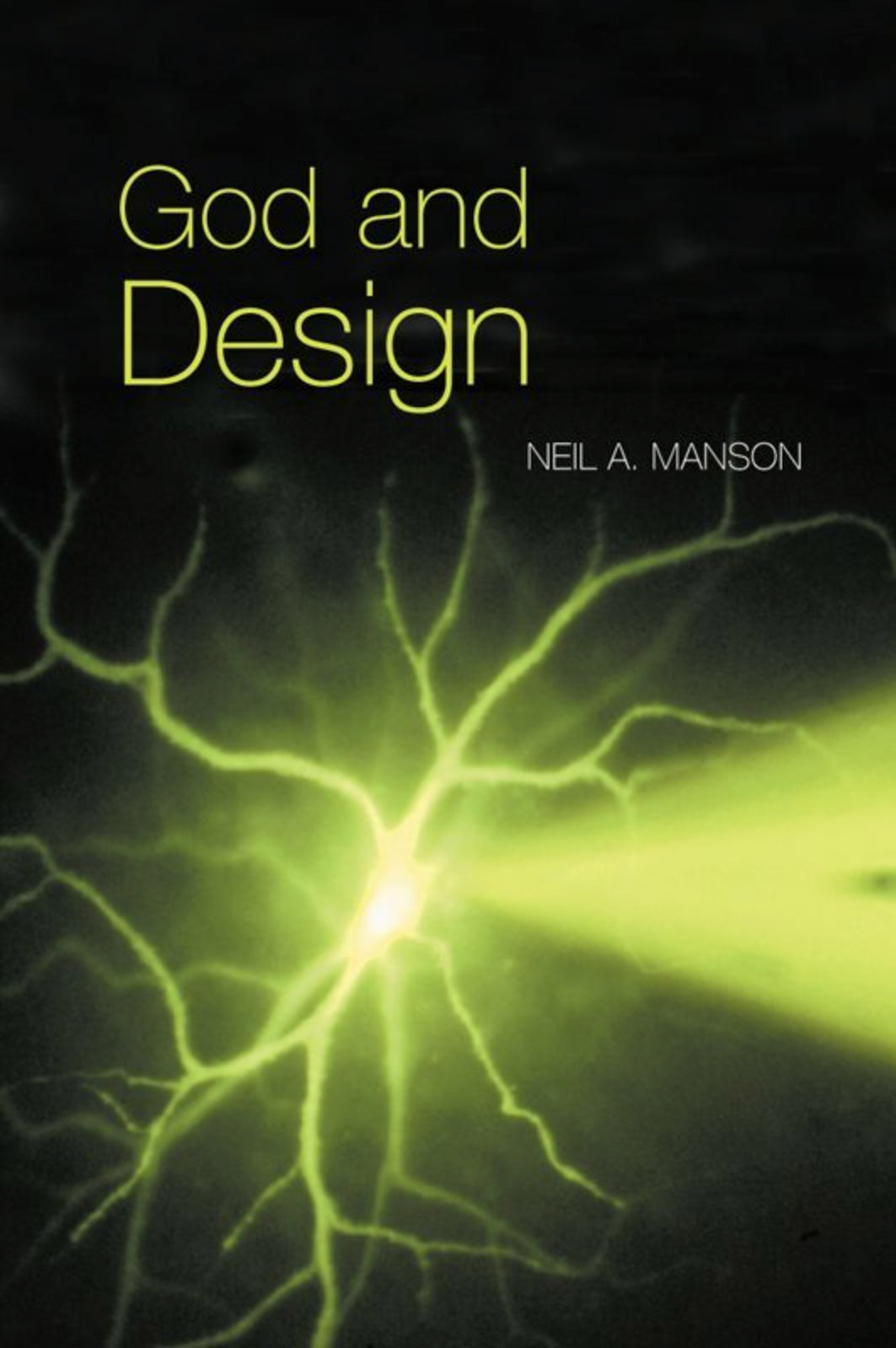GOP Can Achieve Health Care Reform by Keeping it Simple
Republicans wondering what to do after they have exhausted the ideas in their “Contract with America” might take a page out of Bill Clinton’s playbook and look again at health care reform. Of course, reviving Mr. Clinton’s confusing and heavily bureaucratic approach to health care would be politically suicidal. Fortunately, neither Republicans, nor market-oriented Democrats, need take that tack. An Read More ›



